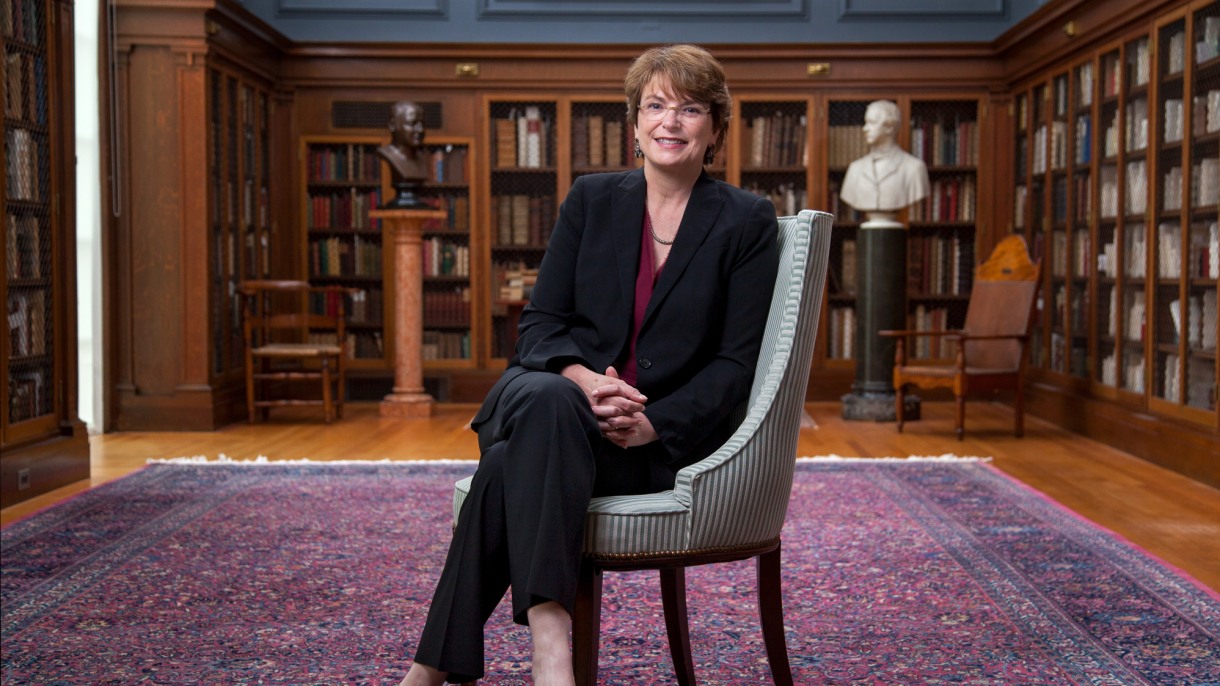Christina H. Paxson
Brown University President Christina H. Paxson is a respected economist and public health expert, a passionate advocate on issues of access to higher education and academic freedom and a champion for Brown’s mission.

Brown University President Christina H. Paxson is an advocate for the power of research and scholarship to address 21st century challenges, a respected economist and public health expert and a vocal advocate for Brown’s mission.